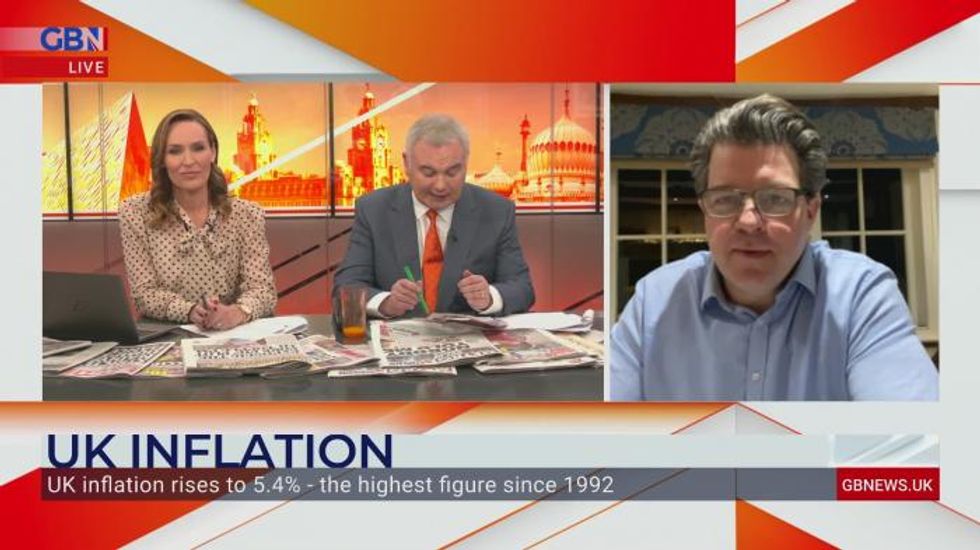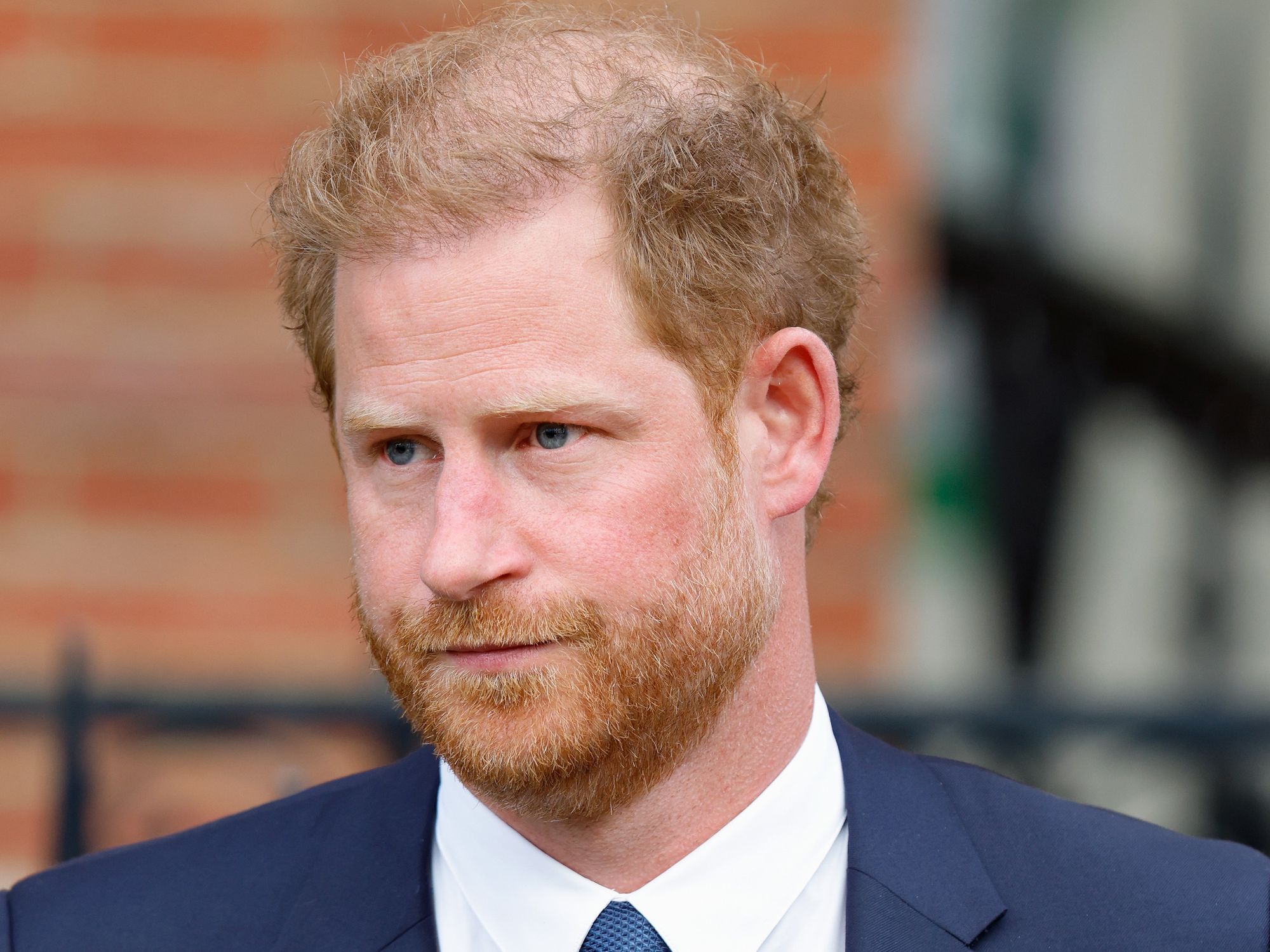The ONS said inflation was pushed higher by food and non-alcoholic drinks prices last month, with costs also rising for restaurants and hotels, furniture and household goods, as well as clothing and footwear.
Don't Miss
Most Read
Trending on GB News
Britain’s rate of inflation has rocketed to its highest level for nearly 30 years as the cost-of-living squeeze intensified, according to official figures.
The Office for National Statistics (ONS) said Consumer Prices Index (CPI) inflation jumped from 5.1% in November to 5.4% in December – the highest since March 1992, when it stood at 7.1%.
Most economists had expected inflation of 5.2% in December.
The ONS said inflation was pushed higher by food and non-alcoholic drinks prices last month, with costs also rising for restaurants and hotels, furniture and household goods, as well as clothing and footwear.
Household finances are being squeezed across the board as gas and electricity tariffs have also seen staggering rises, with the Bank of England forecasting inflation to hit 6% in April.
The Bank hiked interest rates last month, from 0.1% to 0.25%, to try and cool rampant inflation and many experts expect another rise possibly as soon as early next month.
Responding to the rise in CPI inflation, Chancellor Rishi Sunak said: “I understand the pressures people are facing with the cost of living and we will continue to listen to people’s concerns as we have done throughout the pandemic.
“We’re providing support worth around £12 billion this financial year and next to help families with the cost of living.
“We’re cutting the Universal Credit taper to make sure work pays, freezing alcohol and fuel duties to keep costs down, and providing targeted support to help households with their energy bills.”
Grant Fitzner, chief economist at the ONS, said: “The inflation rate rose again at the end of the year and has not been higher for almost 30 years.
“Food prices again grew strongly while increases in furniture and clothing also pushed up annual inflation.
“These large rises were slightly offset by petrol prices, which despite being at record levels were stable this month, but rose this time last year.
“The closures in the economy last year have impacted some items but, overall, this effect on the headline rate of inflation is negligible.”









